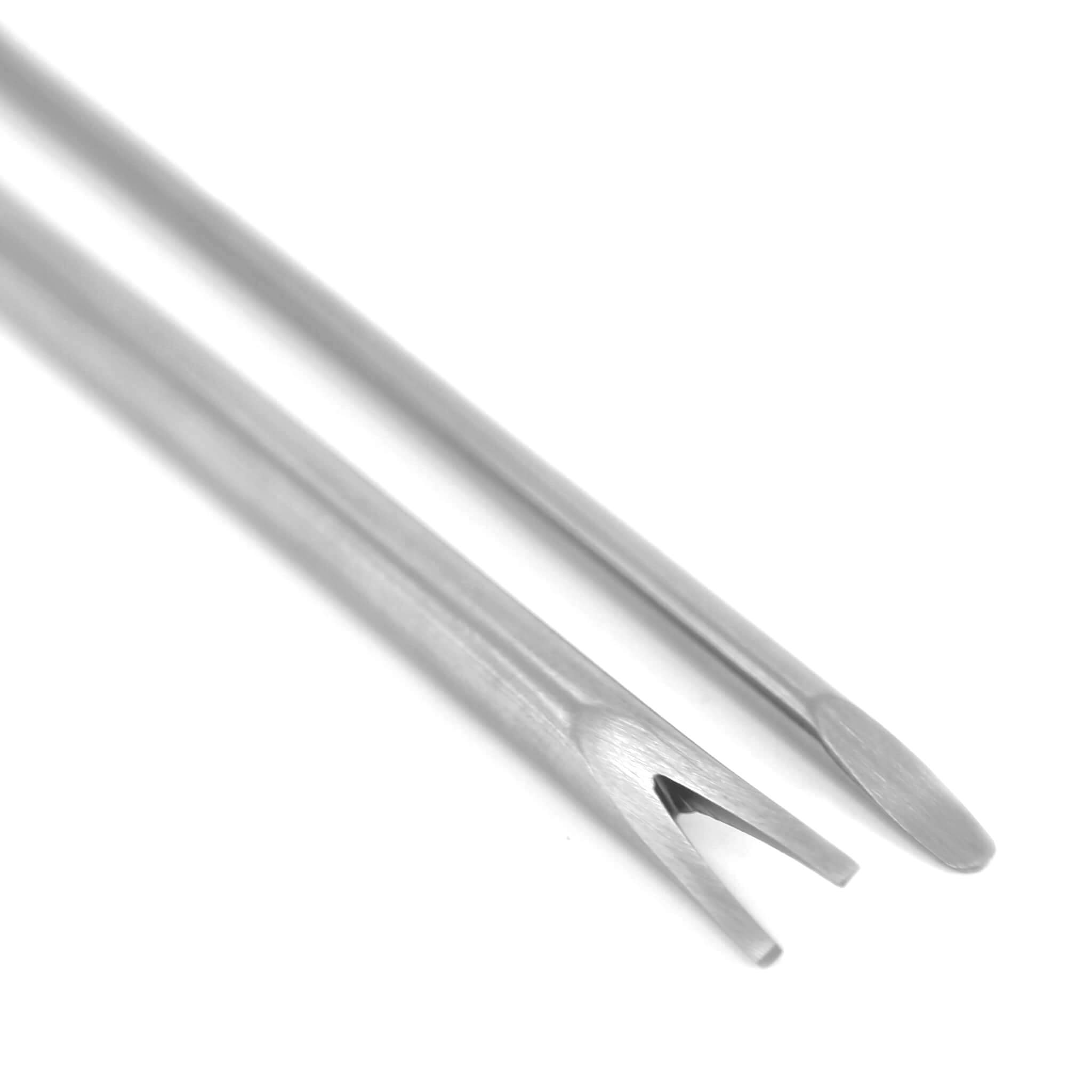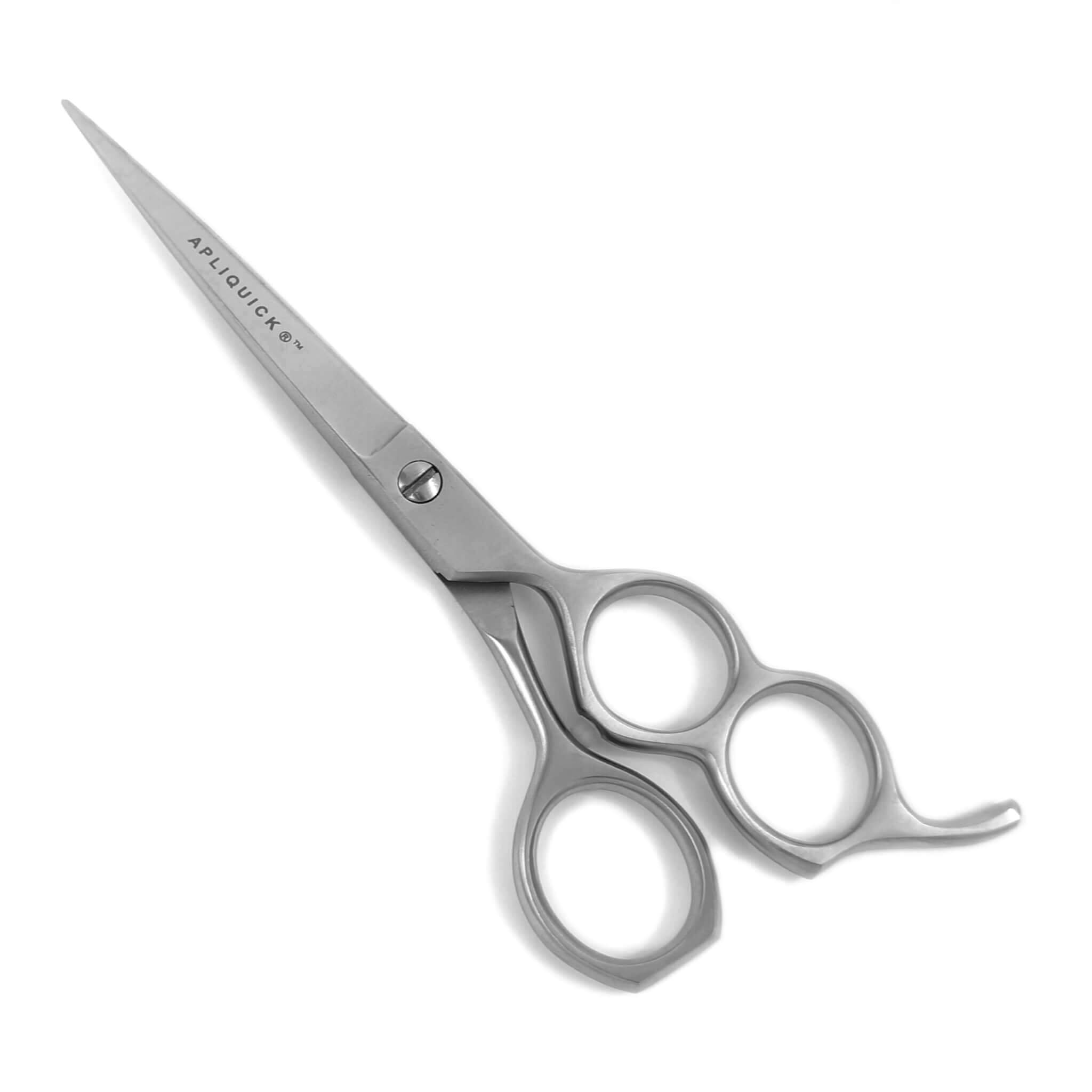These fabrics are truly beautiful.
Designed by Michael and Rose Oakshott of Oakshott Fabrics, their characteristic "shot" effect comes from combining different warp and weft hues, and offer absolutely luscious depth and color intensity.
The Oakshott family has been supplying Oakshott Fabrics to quilters and textile artists the world over since 2003. These striking shot cottons are designed especially to provide quilters with fabrics of exceptional color, luster, drape, softness and quality.
Woven at 54 inches wide and measured by the meter (instead of by the yard), Oakshott's 100% shot cottons are wider than standard quilting cottons and offer larger than traditional American fat quarters and fat eighths.
Read more about the Oakshott Fabric Company below...
Oakshott is a family business
Growing up in South India, Michael learned the intricacies of fabric weaving and dying first hand through a family business. His mother Julia – a passionate quilter – would search in vain for non-printed fabrics in vibrant colours. Knowing that only shot cottons could provide the answer with their depth of colour and soft feel, they set about developing their own range in a weight suitable for quilting. The launch of their original 27 colours generated a wave of excitement around the quilting world.
Oakshott fabrics are unique and uniquely beautiful
Oakshott Fabrics designs all of their collections entirely in-house, so each and every shade is unique to them. An individual colourway is achieved by selecting a base colour warp and marrying it with a complementary or contrasting weft thread, producing the trademark ‘shot’ effect in which the colour appears to shimmer and change depending on how the light falls.
Oakshott fabrics are ethically sourced
Oakshott builds and maintains relationships with weavers and their communities on years of cooperation and mutual respect. They require their weavers to maintain a safe and healthy environment for their workers, including complying with relevant laws relating to working hours, conditions, health and safety, rates of pay and minimum age of employment. They also strive to ensure that their fabrics are environmentally friendly, both in use and in the manufacturing process.


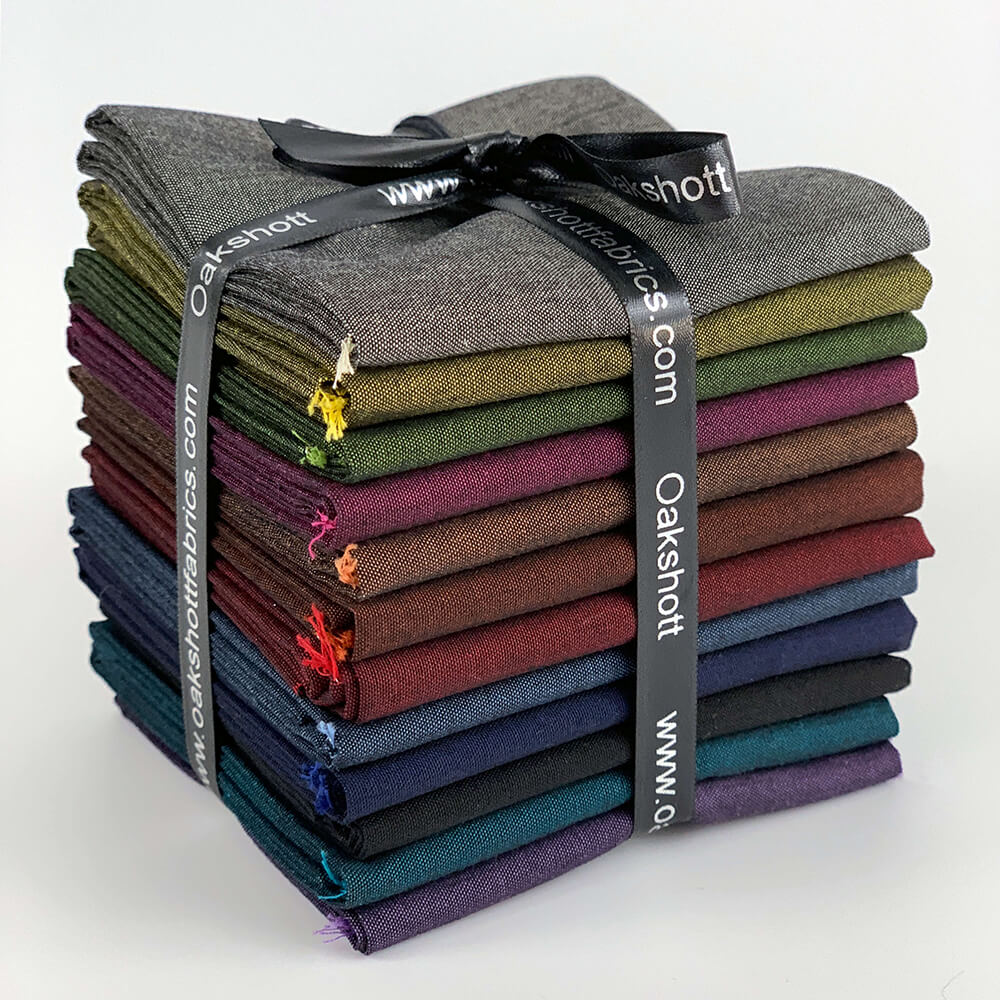

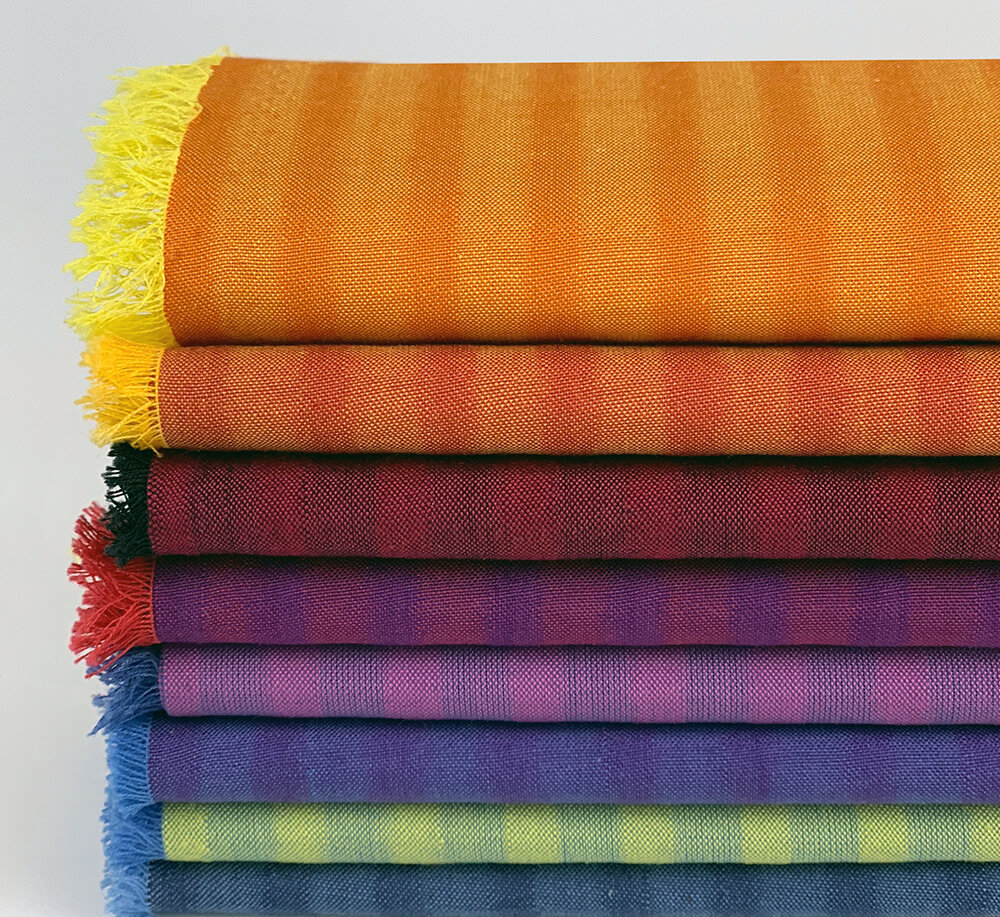
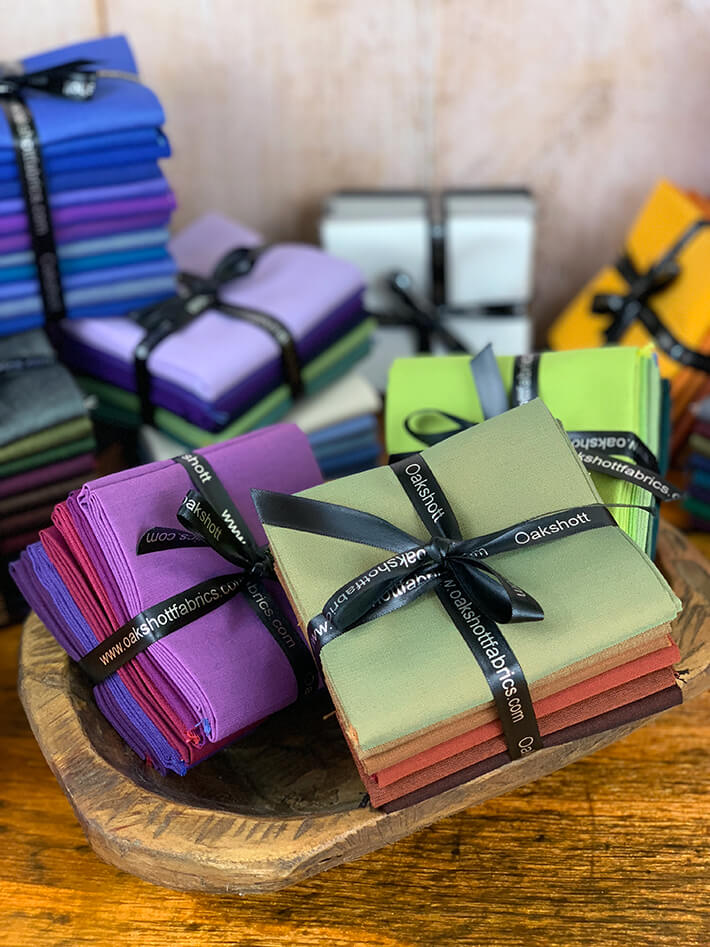



.jpg)
